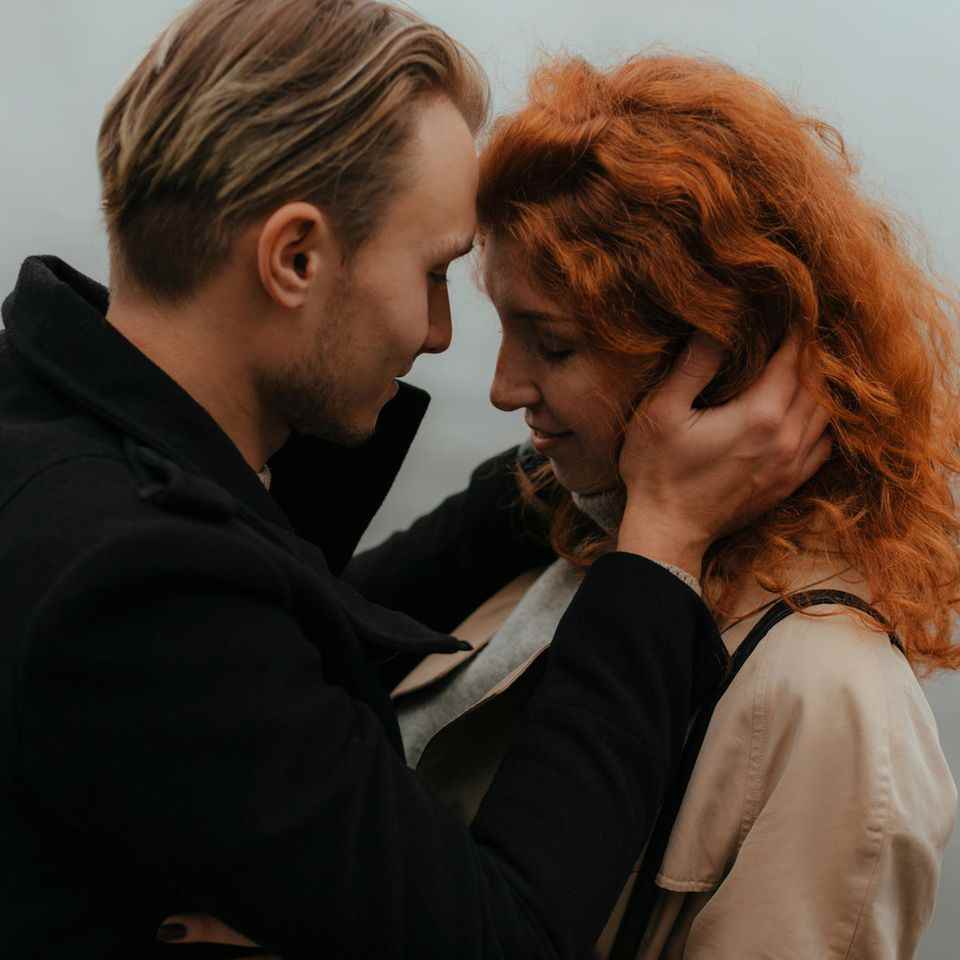psychology
How our childhood experiences shape our attraction as adults
© Jacob Lund / Adobe Stock
Our childhood experiences affect who and how we love.
Every child has two key emotional needs that must be met in order to survive and thrive in the world: safety and love.
In order to satisfy this need, i.e. to feel loved and safe, we adopted beliefs, behavior patterns and strategies as children that were necessary to do so. These behavioral patterns seemed so essential to our survival that they became ingrained in us, even as adults. Unfortunately, such beliefs are not always healthy – at least when they are negative in nature. This includes guiding principles such as “I’m not good enough”, “I can’t do this” or “I’m not lovable the way I am”.
How Do Childhood Wounds Affect Relationships?
Childhood wounds have a significant impact on how we interact with others in adult relationships. When we’re magnetically attracted to someone, it’s because our subconscious emphasizes an energetic alignment with whatever is familiar and ignores whatever is unfamiliar. This intimacy stretches back to birth, including our relationships with our parents, siblings, and caregivers, and the strategies we learned in childhood to give and receive love. Because our subconscious has the urge to relive negative experiences – in the hope of processing them. It almost wants to heal itself.
Our subconscious is not always good at judgement
Unfortunately, the subconscious cannot always judge whether the familiar is good or bad for us. So if our love GPS is programmed incorrectly, signals like fear or danger could be misinterpreted and mistaken for arousal or attraction. Surely the phrase “I always fall in love with the:the wrong one:n” sounds familiar to you. It finds its origin right here. If we don’t know the difference between healthy and unhealthy attraction, we will find ourselves in inharmonious or even toxic relationships again and again. Just because we’re attracted to one person doesn’t mean we’re meant to be together. Nor does it mean that we are bad for each other. What happens after the first attraction is the most important thing and will tell if that person is a long term fit for us. The key is to take things slowly so our emotions don’t cloud our judgment.
How can I better understand my attraction?
If you long for love but have never been able to form a healthy relationship, then it’s possible that the magnetic attraction you exert on others has a different meaning than you previously thought. Contrary to what was previously thought, the feeling of familiarity could be a signal from your subconscious that this person is not what you want. That it is actually not connected to true love, but to your love related hurts.
But how do you know if you’re really attracted to someone (in a good way) without being disappointed again? For that we need to heal our inner child. So the experiences and imprints that we experienced in our childhood. Only when we recall the hurt, humiliation, or other negative experiences of our childhood can we process them.
So think about the behaviors your ex-partners revealed that seem familiar to you from your childhood. Perhaps you remember similar situations from childhood where you felt unhappy. Ask yourself what you needed in those moments and give that to your adult self. This is how you get closer to your true needs in love relationships step by step and learn to discard old behavioral patterns and attractions.
By the way, there are also great books about working with your inner child. For example “The child in you must find a home” by Stefanie Stahl or “The Abandoned Child” from Dr. with Daniel Dufour.
Sources used: yourtango.com, psychologytoday.com

